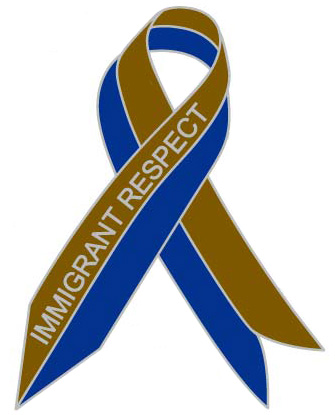OUR COMMUNITY
Cultural diversity is an asset we value greatly at IM International, exemplified by our diverse group of staff and volunteers. We actively seek workshops and programs that involve all groups of people; we work with youth through art and music, have addressed disability by holding a class for parents with autistic children, and hold LGBTSTQ group video classes. Our digital media class is composed of many senior citizens. We try to tailor each workshop to the specific needs of the group by taking cultural considerations into account. The vast majority of our constituents come from low-income households. We pride ourselves in offering high quality and intellectually stimulating programs such as the children’s orchestra and English through art history, teaching our community that economic status does not have to inhibit their life goals.
The community we serve is predominantly Latin American, mainly from Mexico and Ecuador. Additionally, we have a significant Caribbean and Chinese population. This year, in an effort to link the different communities, we are offering a Spanish class for speakers of other languages. The class is composed mainly of Chinese immigrants. We would like to have Spanish speakers from our community visit the class to engage in discussion with the students. The women’s health workshop has also been learning about Eastern philosophy and culture through tai-chi.
We have added two new cultural enrichment workshops, Aztec dance and philosophy and Ecuadorian dance. We want our community to maintain their roots and celebrate the richness of their own cultures, while helping them to adapt to U.S. culture.
Furthermore, we are dedicated to diversifying the IM International community by reaching out to various community organizations that work with different ethnic groups. In the fall we are planning to work with South Asian and Middle Eastern groups. At IM International we are working toward creating an environment where our community embraces everyone’s values, cultural background, gender, social class, economic access, sexual orientation and age.
